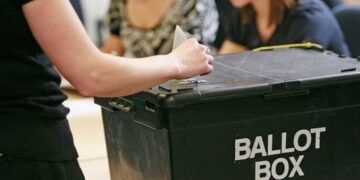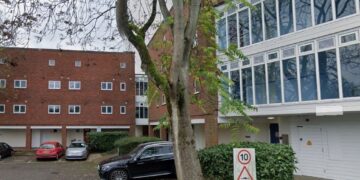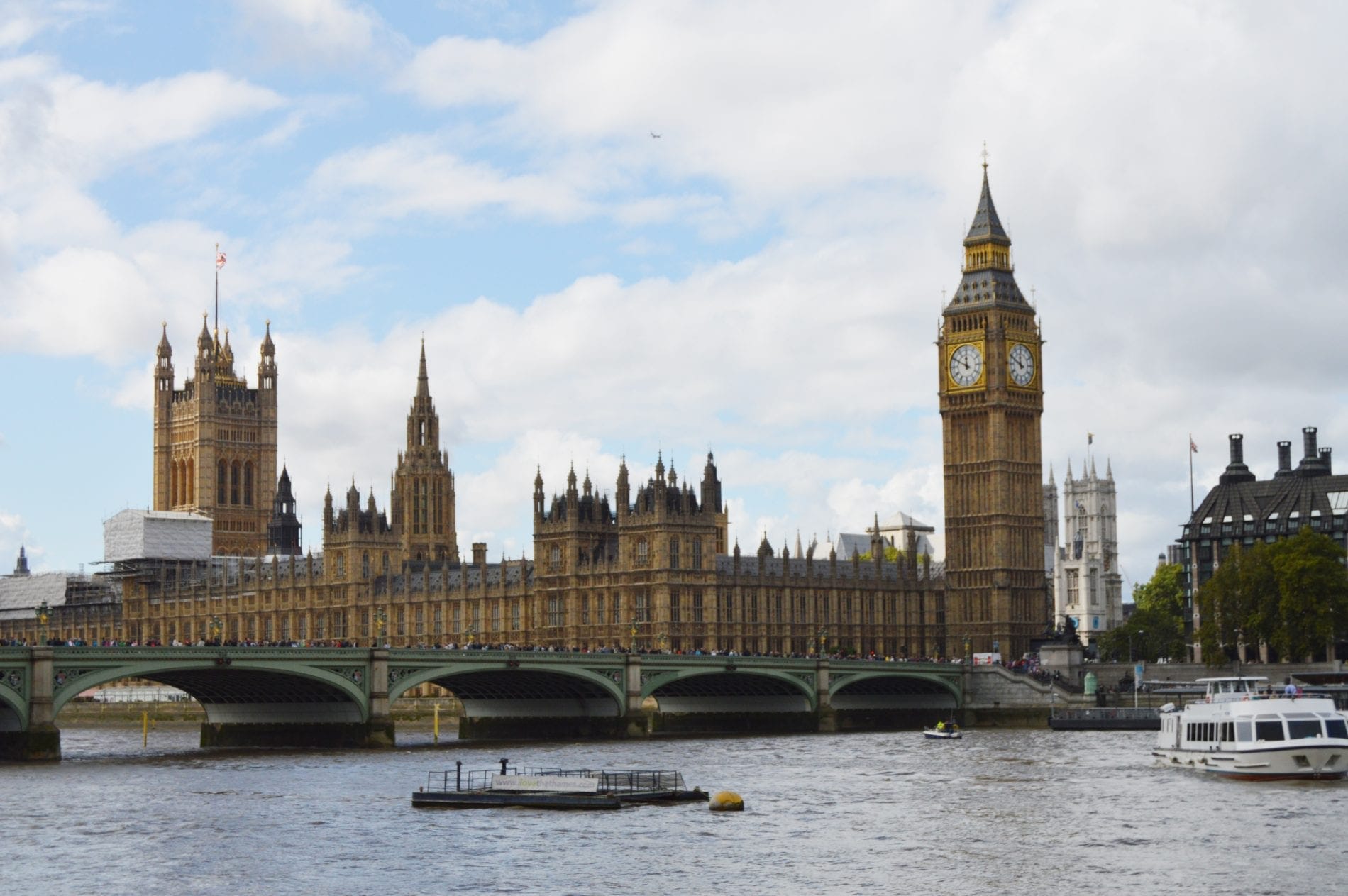Two of the borough’s four MPs are preparing to vote against government plans to cut international aid if a debate takes place in the House of Commons today.
In its manifesto, the Conservatives had pledged to keep the money capped at 0.7% of the country’s GDP, but Chancellor Rishi Sunak said that the coronavirus crisis forced him to reduce this to 0.5%. This will see the amount given cut by around £4 billion to more than £10 billion.
Maidenhead MP Theresa May, whose constituency includes Twyford, Sonning, Wargrave and Charvil, is thought to be among a number of Conservatives who will back a bill seeking to keep the aid level at 0.7%. Other supporters include leading Brexiter David Davis.
She has previously been vocal about her support for the aid commitment. In 2018, while prime minister, she said: “I am unashamed about the need to ensure that our aid programme works for the UK.
“So today I am committing that our development spending will not only combat extreme poverty, but at the same time tackle global challenges and support our own national interest.”
There are thought to be around 30 Conservative MPs prepared to rebel against the government over the issue, although it is thought the government will win any debate.
READ MORE: Bishop of Reading calls for action over international aid cut
Reading East MP, Labour’s Matt Rodda, also felt that it was important to keep the rate at 0.7%.
“The UK made a longstanding commitment to spend 0.7% on foreign aid,” he said. “It goes towards fighting diseases and supporting development in some of the poorest areas.
“It is morally wrong to cut that.
“It’s also not in our own interest, where we’re often investing in initiatives such as healthcare that can also protect us, as we’ve seen in recent weeks.”
However, that view is not shared by Wokingham MP Sir John Redwood.
Writing in his blog, he said: “I went along with the Conservative leaderships’ support for hitting the 0.7% target of GDP, though I have misgivings about such targets. I do not think we should commit to spend a certain proportion of a fluctuating and usually growing number.”
Instead, he argued, it should be on a case-by-base basis.
“It will be great to see us achieve more by concentrating our efforts in areas where we have most to offer, harnessing public and private sectors together, and taking control with more programmes we run for the benefit of the poorer countries,” he added.
If the amendment is selected by the Commons speaker for debate, the vote will take place after 9pm.










































